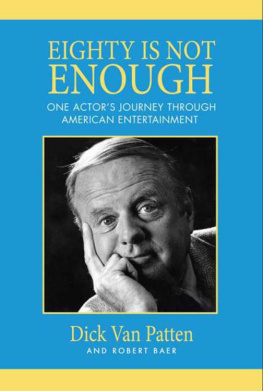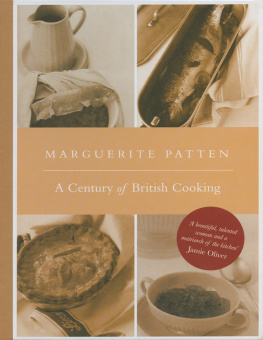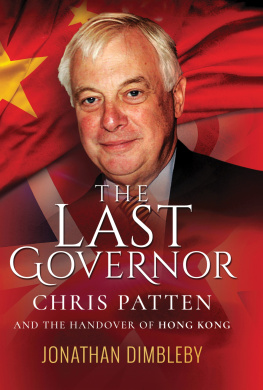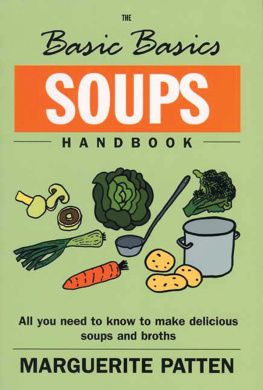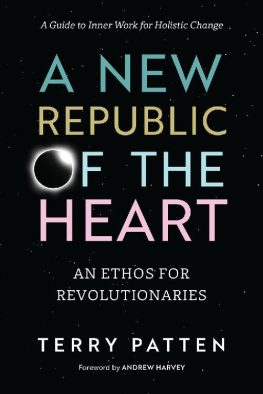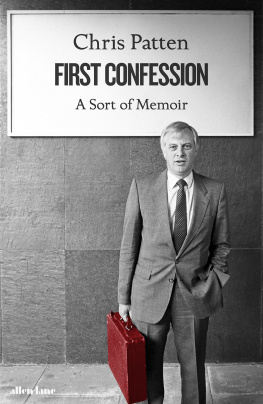
Copyright 2009 Dick Van Patten
All rights reserved. Written permission must be secured from the publisher to use or reproduce any part of this book, except brief quotations in critical reviews and articles.
The opinions expressed in this book are those of the author and do not necessarily reflect the views of the publisher or its affiliates.
eBook International Standard Book Number (ISBN): 978-1-61467-116-9
Original Source: Print Edition 2009 (ISBN: 978-1-60747-700-6)
Library of Congress Cataloging-In-Publication Data Available
Kindle Edition: 1.00 (7/28/2011)
Ebook conversion: Fowler Digital Services
Rendered by: Ray Fowler
Library of Congress Cataloging-in-Publication Data
Van Patten, Dick.
Eighty is not enough! : one actor's journey through American entertainment / Dick Van Patten and Robert Baer.
p. cm.
ISBN 978-1-60747-700-6 (hardcover)
1. Van Patten, Dick. 2. Actors--United States--Biography. I. Baer, Robert. II. Title.
PN2287.V337A3 2009
792.02'8092--dc22
[B]
2009034311
Book Design by: Marti Lou Critchfield
Printed in the United States of America
Phoenix Books, Inc.
9465 Wilshire Boulevard, Suite 840
Beverly Hills, CA 90212
10 9 8 7 6 5 4 3 2 1
F OR M OM
W HO WAS THERE FOR ME AT THE BEGINNING
AND
F OR P AT
W HO'S BEEN THERE FOR ME EVER SINCE
T ABLE OF C ONTENTS
1
K NOCKOUT
John Henry was down. It was only the first round, but I knew it was over. Above the roar of the crowd, I could hear the excitement in the announcers voice as I moved closer to the old Emerson radio against the back wall in the dressing room. I waited as the referee down the street at the Garden began the count.
It was 1939. I was ten years old, and Joe Louis was my hero. As I stood there pressed up to the radio, Joes opponent, a tough but aging former light-heavyweight champion named John Henry Lewis, was on the canvas. It was his second trip down in the first two minutes of the fight. The first time, Joe had knocked him clear through the ropes. Ten seconds later, the referee called the fight, and I raced out of the dressing room, bursting to tell the very next person I saw that the great Brown Bomber was still Champion of the World.
Fredric March stood in the wings of Broadways Center Theater. He was growing anxious, his entrance cue fast approaching. March was starring in The American Way a popular Broadway spectacle, directed by the great George S. Kaufman, telling the story of a German-American named Martin Gunther, a man torn by mixed loyalties to his old and new countries in the late 1920s. Gunthers divided loyalties would be further tested by the prejudice rising against his family as tensions in America later mounted along with the emergence of Hitler and the Nazis in Europe.
I reached the wings. I was playing Gunthers grandson, Karl. Taking Fredric Marchs hand, we waited together for our cue. At the moment, I was only vaguely aware that Fredric March was special. Standing there with him, I wouldnt have known why. I wouldnt have known that he won the Academy Award for Dr. Jekyll and Mr. Hyde in 1932, nor that just a year before he was again nominated for his acclaimed performance in the smash hit, A Star is Born . None of that mattered to me. I had far more important news to relate.
Louis won! I blurted out. I was beside myself with excitement as I looked up, expecting March to be just as thrilled as I was. Instead, he glared back. Instantly, I saw something was wrong. This was Rockefeller Center. The play was a tremendous production with a cast and crew of over two hundred and fifty people. The seats were packed with New Yorkers who came to the theater in the hope of finding some small relief from the stress of ten years of the Great Depression and new anxieties over an impending World War. I wasnt aware of all that, but I could tell that Fredric March was madand worse still, he was mad at me.
Get your mind on your acting, he snapped. This is more important than the fight. His tone startled me. For a moment I was devastated. We stood there waiting in silence. But seconds later the cue came, and we stepped out together under the bright stage lights of Broadway.
As we did, I found myself transforming. Quickly I became Karl Gunther, another young boy living in an entirely different world than mine. And just as fast, I forgot all about the fight. The old guy was right. The show really was more important. For the next seventy years in this line of work, Ive come to realize that the show is always more important. Thats a lesson I first learned from Fredric Marchand one Id never forget.
That nightand every nightmy Mom was backstage. Josephine Acerno Van Patteneveryone called her Jowas quite simply the most extraordinary person Ive ever known. Consider what she accomplished: in the midst of the Great Depression, Jo had this crazy idea that her two kids could be stars on Broadway. Without money, connections, access or advantages of any kind, she somehow, through sheer force of will, turned that crazy dream into reality. When she passed away in 1975, my father wrote poignantly to my sister Joyce and me, reminding us of just how important she was to our success: it was Moms persistence and doggedness that put you where you are today.
Dad was right. But its also true that her pursuit of that dream cost her dearly; probably even her marriage. She made that sacrifice, not because she wanted to, but, I believe, because she had no choice. Unrelenting ambition was something written in her nature. She felt it every minute of every day. Most important, she could never settle for not trying. It was one thing to fail, but, for Mom, it was unforgivable not to try. And so, my mother was utterly relentless, a force of nature, the likes of which Ive never seen.
When I think about my mother in those early days in the 1930s and 1940s, Im reminded of the ongoing debate about whether parents should bring their children into the world of entertainment. Its something people will forever debate. The clash of opinion in my own family is striking. My sister Joyce and I have such different memories of life as child actors that I sometimes think we must have come from different homes.
I tend see the positive; some mightand dosay that I stress the positive to the point of being blind to reality. But for me, my mother made this wonderful life Ive enjoyed possible, and I find it hard to imagine what I would have done without her ambition and drive. Joyce, however, has always been more sensitive to the downside. Joyce, so highly intelligent, has deeply felt the very real underside of a life where getting that bigger and better role became the only measure of things. She rebelled against a world that placed such a high premium on show business success. Joyce left home early and carved out her own wonderful and successful life. As her older brother, I could not be more proud of what she has accomplished, both as a person and a performer.
So the question remains, do child actors lose their youth? Are they exposed too soon to the often cutthroat and unforgiving world of entertainment? Is there a price to be paid later when an overly-protected and idealized childhood is insufficient training for the real challenges of life that inevitably lurk around the corner? After years thinking about this question, Ive come to believe theres no one simple answer. What works for some, doesnt work for others. Thats not a cop-out; it simply reflects the fact that people are different.
I played a television dad in Eight Is Enough . But playing a character in a television show doesnt magically turn you into that character. Actors pretend to be policemen, doctors, and scientists, but that hardly gives them the courage of a cop, the judgment of a doctor, or the brilliance of a scientist. Oddly, Ive known actors who confuse their real and fictional persona. Nothing is more absurd. Like everyone else, what Ive learned about being a father has come from my own life, my own family and from the challenge of raising my own children.
Next page
